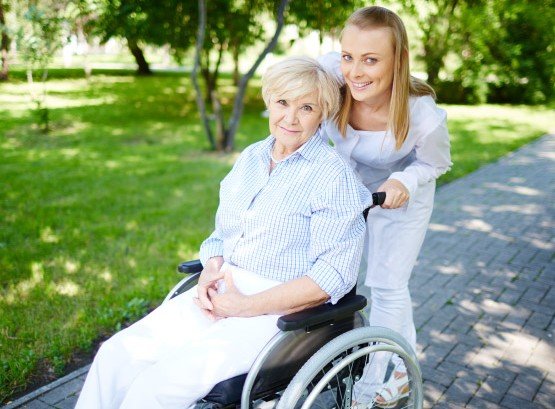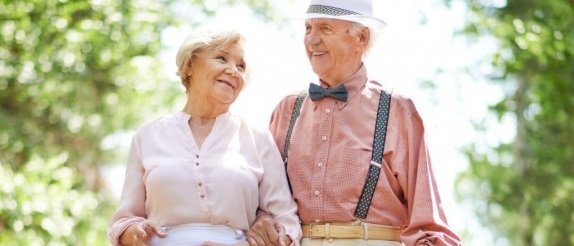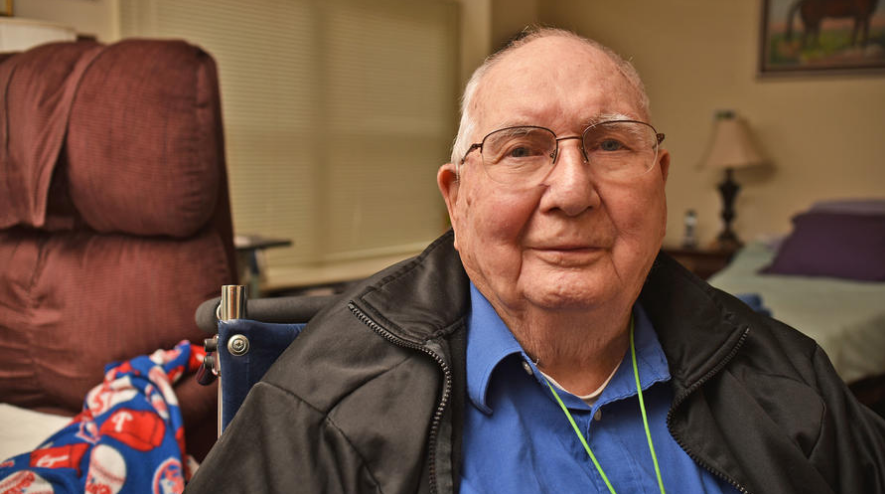

The Power of Pen Pals
Saucon Valley Manor resident Clayton Fritz was recently featured in an article in the Allentown Morning Call. He is passionate about the dwindling art of written correspondence. Through his ongoing efforts, Mr. Fritz has maintained Pen Pal relationships with hundreds of people around the country. To read more, please click here.

The Dangers of Dehydration for Seniors and How to Prevent It

Sun Safety For Seniors
Enjoying spring or summer weather lifts the spirits and gets seniors outside and moving around, which is good for body and soul. But sun safety is extremely important, particularly for older adults, who are more susceptible to the harmful and cancer-causing effects of the sun.

Therapies for Dementia & Alzheimer’s Disease
Dementia affects 40 million aging Americans, according to the National Institute of Neurological Disorders and Stroke, and an estimated five million seniors have Alzheimer’s disease, the most common form of dementia. While there is no cure for Alzheimer’s, a number of treatment therapies have been found helpful in controlling the symptoms of the disease and improving the quality of life of those who suffer from it.
Three Important Tips for Caring for Someone With Arthritis or Osteoporosis

Healthy Eating: Feeding Your Mind, Body, and Soul
Effects of Hearing Loss in Seniors and Available Treatments
According to the National Institute on Deafness and Other Communication Disorders, nearly a quarter of adults between the ages of 65 and 74 and half of those over the age of 75 have disabling hearing loss. Unfortunately, fewer than a third of adults over the age of 70 who could benefit from a hearing aid have ever tried one.

Breakthroughs In Alzheimer’s Disease, Making Strides for a Cure

Staying Active at Whitehall Manor & Saucon Valley Manor
Staying active as we age is essential for preventing disease, but it offers a number of far-reaching benefits beyond good physical health. Here’s how exercise can improve your or your aging loved one’s overall quality of life and sense of wellbeing.
